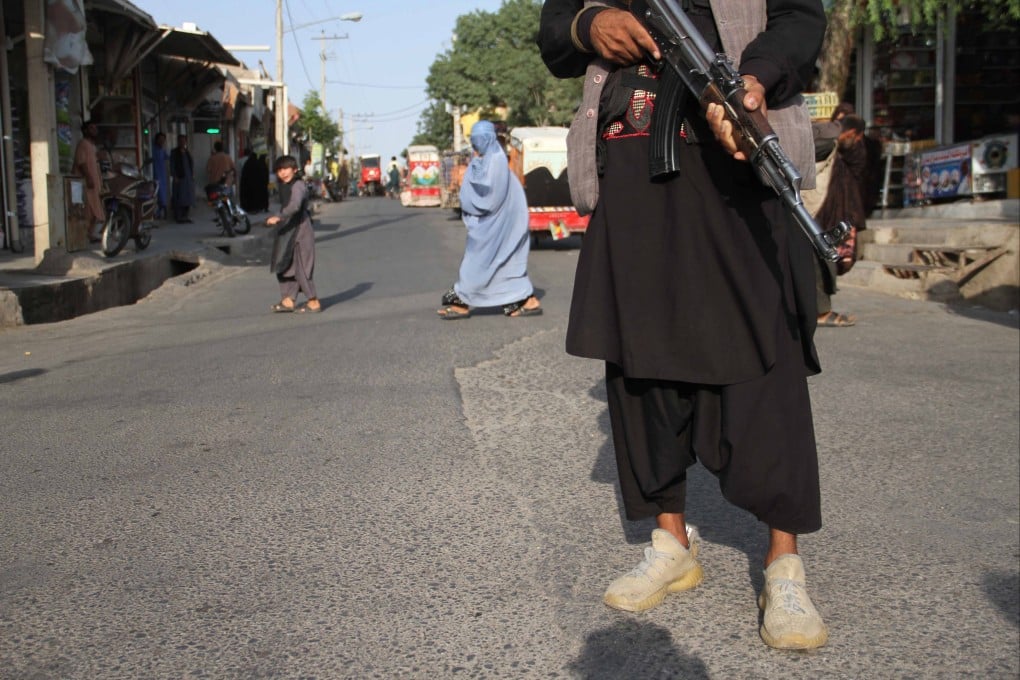Opinion | Where are Australia’s liberal values when it comes to Afghanistan?
- Walking away from the Afghan contractors who risked their lives for Australia suggests an expeditious, rather than genuine, commitment to those values

But when put to the test, Australia’s adherence to these values seems rather variable. The plight of those in Afghanistan who supported Australian troops and NGOs is the most recent acid test.
Australia has faced similar tests. It failed in the 1975 retreat from Indochina when local employees of its Phnom Penh and Saigon embassies were left behind.
But at other times Australia has demonstrated the values it espouses, eventually becoming one of the top countries taking in refugees from Vietnam. Australia’s intervention in Timor in 1999 was seen as repaying a debt as the Timorese had provided invaluable support for Australian troops in World War II.
Former prime minister John Howard, who was responsible for the original military deployment in Afghanistan, said Australia had a “moral obligation” to provide a safe haven to Afghan subcontractors who fear for their lives.
But Australian bureaucracy moves slowly, with some applicants waiting up to six years for visas. Foreign Minister Marise Payne insists the government is prioritising visa applications based on their merits, but stressed that applicants must meet the country’s “rigorous health, character and national security requirements”.

